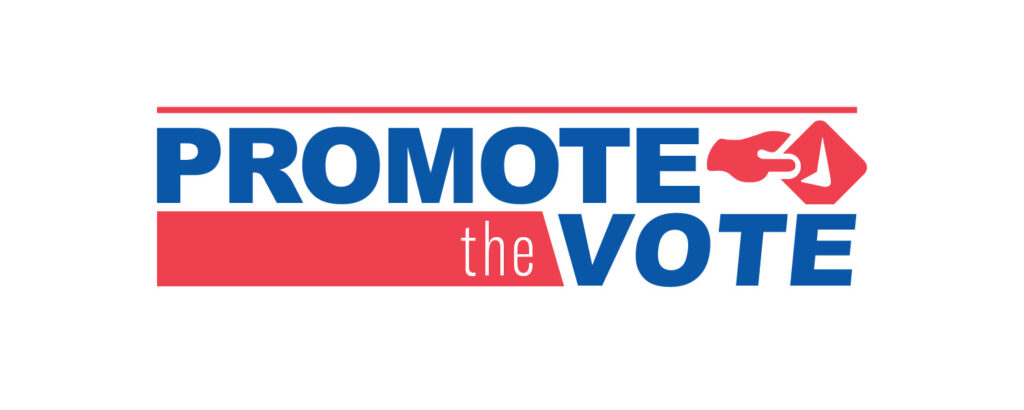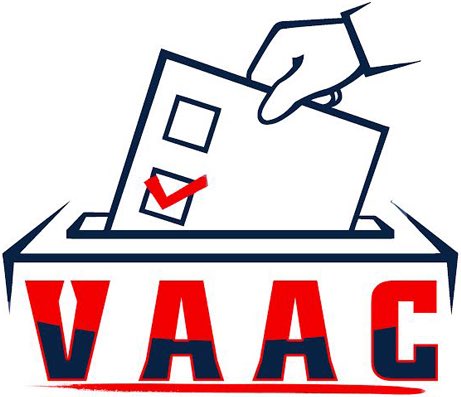
The following update on the November 7, 2023 Election & Prop 2 Legislation was compiled by our friends at PromoteTheVoteMI.com
Early Voting
- Early voting in the November 7 election was offered by municipalities in twelve counties between October 28 and November 5. And turnout was strong: a total of 4,627 Michiganders cast a ballot at one of these early voting sites!
- These early voting pilots received positive feedback from voters, who were able to cast their ballot in person, without a crowd, and at a time most convenient for their busy schedules.
- Thanks to the hard work and collaboration of the Michigan Secretary of State’s Office and the county, city, and township clerks and their staff that administered these early voting pilots, Michiganders were able to conveniently cast their ballots, and election officials gained valuable experience, which will allow them to to improve and perfect the early voting processes ahead of the busy 2024 election cycle.
Enhanced Ballot Tracking
- Prop 2 gave Michigan voters the right to a state-funded enhanced tracking system for absentee ballots and applications. This enhanced system must give voters the option to receive texts or emails about the status of their submitted absentee ballot application and absentee ballot and must also inform voters of any issues with their absentee ballot or application and explain how they can fix such issues.
- The Bureau of Elections is still in the process of establishing this new tracking system. According to the BOE, voters should have access to the additional required information via MI.gov/vote by the end of this year. Starting in early 2024, voters will be able to receive status updates by email, and in mid-2024 voters will be able to receive status updates by text.
VOTING RIGHTS IN THE LEGISLATURE THIS WEEK
Lots of exciting legislative movement this week! Details below. But first, for those who are newer to Michigan’s legislative space, if a bill is “enrolled,” it means that it has been signed by the Clerk of the House and the Secretary of the Senate, and it’s ready to be presented to the Governor for signature.
Reported Out of Committee
- Election Official Intimidation: The Senate Elections Committee voted to send HB 4129 to the full Senate for a vote, recommending its passage. This bill would protect election officials from threats intended to interfere with the performance of their election duties. The companion criminal penalty bill that originated in the Senate, SB 505, has been passed by the House and returned to the Senate to be enrolled.
Passed by the Senate
- Preregistration: HB 4569 has been enrolled and is headed to Governor Whitmer for her signature. This bill will allow eligible individuals ages 16 to 17.5 to “pre-register” to vote by submitting their voter registration information to election officials.
- Secure AVR: Also enrolled and headed to Governor Whitmer, HB 4983 will make critical improvements to Michigan’s automatic voter registration process.
- Online Absentee Ballot Application: The Senate passed HB 4570, which will codify Michigan’s online absentee ballot application in statute and allow voters to apply online even if they do not have a signature on file with the Michigan Department of State. (This bill was already passed by the House.) The bill will now go to Governor Whitmer for signature.
Passed by the House
- Federal Electoral Count Reform Act: The House passed SB 529, which will align the state’s certification and appointment of presidential and vice presidential electors with federal law. There were some changes to the bill, so the new version will need to be passed again by the Senate before heading to Governor Whitmer for signature.
- Contesting Post-Certification Election Results: The House passed SB 590 and SB 591. These bills will provide guidance to candidates who seek to contest election results. This is also expected to be enrolled today before heading to Governor Whitmer for signature.
- Audits: The House passed SB 570, another bill implementing a part of Prop 2, this time dealing with audits. The constitution now prohibits officers of a political party from conducting election audits, and SB 570 instructs those impacted (most county clerks) to appoint a designee to conduct and supervise audits in their place. This will be enrolled by the Senate before heading to Governor Whitmer for signature.
- Online Voter Registration: The House passed SB 594, which will allow voters to use the online voter registration application even if they do not have a Michigan driver’s license or state ID, and will also allow a voter to electronically submit a new or additional signature for voting purposes. This will be enrolled by the Senate before heading to Governor Whitmer for signature.
Signed by the Governor
- Repeal of Ban on Paid Rides to the Polls: The Governor signed HB 4568 into law (PA 185). The repeal of the ban on paid rides to the polls will go into effect 90 days after the legislature ends for the year.
- Removing References to Challenged Ballots: The Governor signed HB 4567 (PA 184), which will eliminate the requirement that the ballots of some voters who register within 14 days of the election be prepared as challenged ballots. This law will go into effect 90 days after the legislature ends for the year.
- Electronic Ballot Return for Military and Overseas Voters: The Governor signed SB 470 (PA 193). This bill will push back the date by which active duty uniformed service members and merchant marines are eligible to return their absentee ballots electronically from January 1, 2024 to September 1, 2025.
LITIGATION
Fake electors
- Last week, a federal judge ruled that the criminal case against the sixteen false electors should proceed in state court since the false electors were not “federal officers.” More information is available from The Detroit News.
- More information on the fake electors’ litigation is available from States United Democracy Center.
Redistricting
- The federal trial wrapped up today in the case to determine whether thirteen state districts (seven House districts and six Senate districts) were drawn in a way that dilutes the power of Black voters, in violation of the Voting Rights Act and the U.S. Constitution. An expert on behalf of the redistricting commission as well as a redistricting commissioner testified in support of the maps, arguing that they were not drawn with the intention of hitting racial benchmarks.
- More information on the case and what’s at stake is available from Bridge Michigan.

Leave a Reply